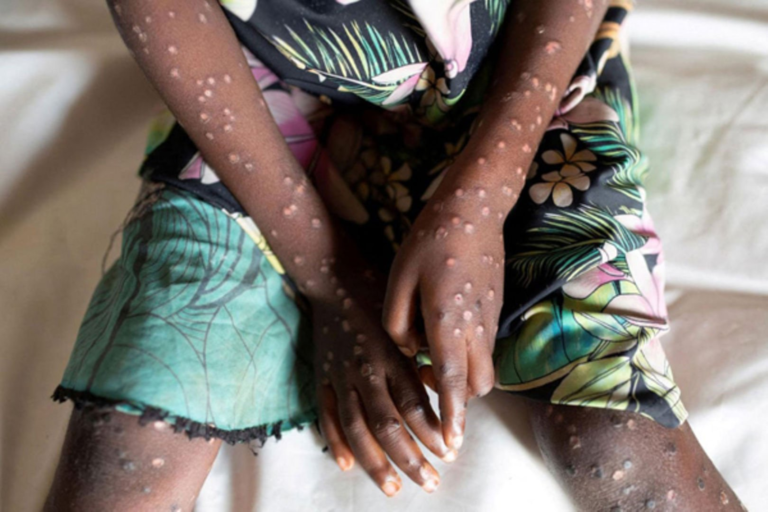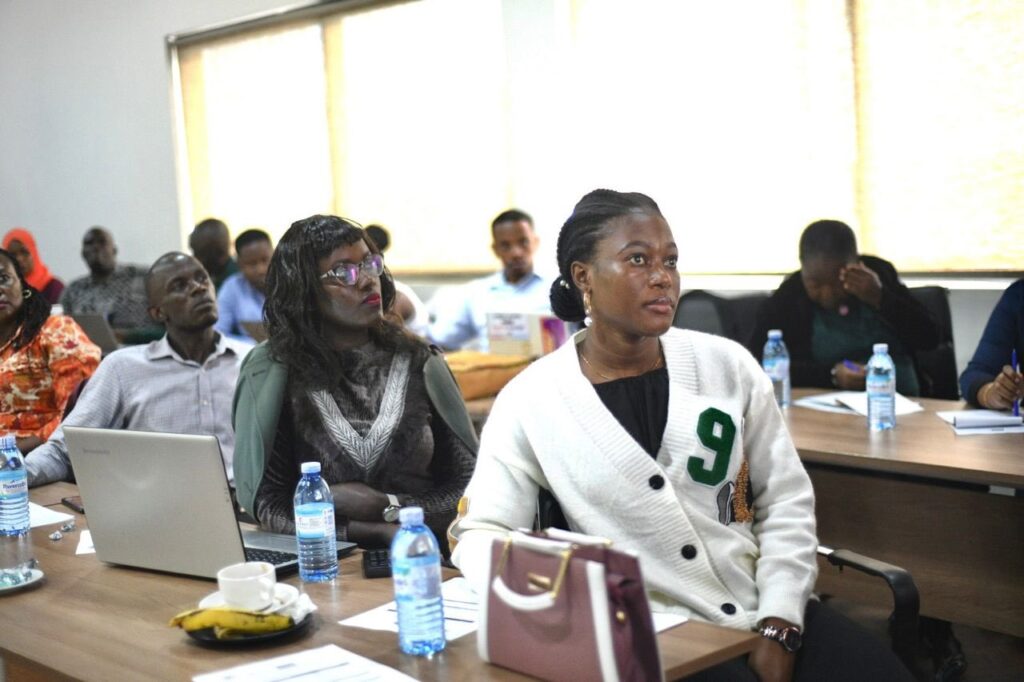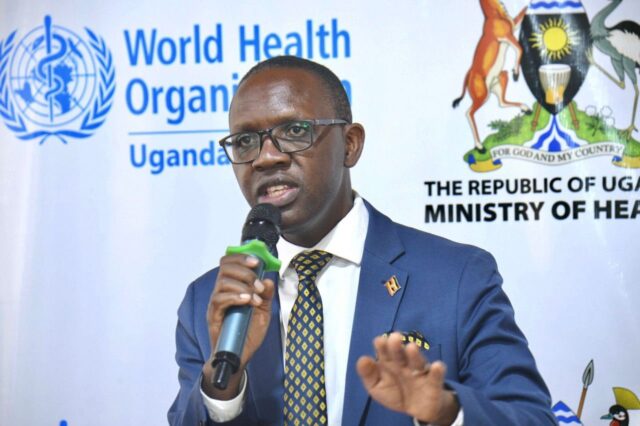
On August 13, 2024, the Africa Centre for Disease Control (CDC), in line with the International Heal Regulations (IHR) of 2005, declared Mpox a current public health emergency of international concern,
which calls for an immediate response to protect people from being affected.
This outbreak has greatly affected people in Kampala, Kasese, Nakasongola, Wakiso, Mayuge, and other districts in Uganda.
According to the findings, as of October 29, 2024, Uganda has reported 261 confirmed cases of Mpox, including one death of a woman in Masindi who had a low CD4 count after defaulting on her ARVs, across 28 affected districts. However, these numbers continue to change.
The Ministry warns people to be aware of the early signs of Mpox so they can remain vigilant for those around them. Symptoms include headache, weakness, fever, chills, sweating, sore throat, and muscle aches.
This is followed by the second phase, during which symptoms may manifest within a few days. A rash then appears, starting at the point of contact with the virus and subsequently spreading to the entire body within 5 to 21 days.
Mpox significantly affects individuals who interact with infected persons, including caregivers who do not use protective gear, as well as children and pregnant women, who often have weaker immune systems. It also poses a risk to those with multiple sexual partners, among other vulnerable groups.
During the media orientation on the Mpox outbreak in Uganda, held at Fairway Hotel in Kampala, Dr.Daniel Kyabayinze, the Director for Public Health in the Ministry of Health, noted that as part of the fight against Mpox in the country, the government is expecting dozens of doses to help protect vulnerable groups.
He explained that many countries have offered to provide additional vaccines. For example, the
government of Japan announced 5 million doses, while the government of the United States also pledged to supply vaccines.
“However, we are waiting for the Africa CDC to distribute the vaccines to areas with the highest case numbers and where people require critical care.”He emphasised
At the moment, the technical team is deciding who will receive these initial doses, as they are very limited. “Once these vaccines are available, we shall focus on the most vulnerable people,” he added.
However, he urged the public not to view vaccines as the sole preventive measure for Mpox. He emphasized the importance of accessing accurate information about the disease and adopting self-protective measures, such as improved hygiene, social distancing, personal cleanliness, and avoiding overcrowded places. These actions will help keep people safe until the vaccines arrive in the country.
Dr. Immaculate Atuhaire, the WHO Country Emergency and Readiness Officer, noted that while Mpox is a viral disease, treatment focuses on managing signs and symptoms, such as rash and pain, to avoid further complications. She advised people to seek early medical advice if they suspect any signs of Mpox, as this can help prevent them from entering a risky phase that could endanger their lives.
The technical officer in Risk Communication and Community Engagement at the Ministry of Health, Tabley Bakyayita Basajjabalaba, warned the public to remain vigilant towards one another, emphasizing that diseases begin and end within the community.
Tabley expressed that while Uganda is responding to the Mpox outbreak, there are other issues that also require attention, such as the outbreak of Marburg in Rwanda, which is not far from Uganda, as well as other public health emergencies like rabies and anthrax.
Elizabeth Mgamb, the WHO Emergency Preparedness and Response Team Lead in Uganda, emphasized that the increasing number of new Mpox infections is concerning for the country. The widespread nature of the virus could put the nation at risk of vulnerability, potentially overwhelming the healthcare
system. This situation may also escalate to affect children in schools, with long-term implications for the country’s education system.

Meanwhile, science journalist and media trainer Dr.Charles Wendo reminded journalists of their important role in reporting on public health outbreaks. He highlighted how their stories can inform the public on managing their lives during such crises. He pointed out the importance of considering ethical issues, ensuring accurate information, citing credible sources, and avoiding stigma when writing about outbreaks.
These factors are crucial for
achieving the desired impact of their reporting and fostering behavioral change.
This orientation was organized by the Ministry of Health, the Africa Centre for Media Excellence, the World Health Organization, and UNICEF.






